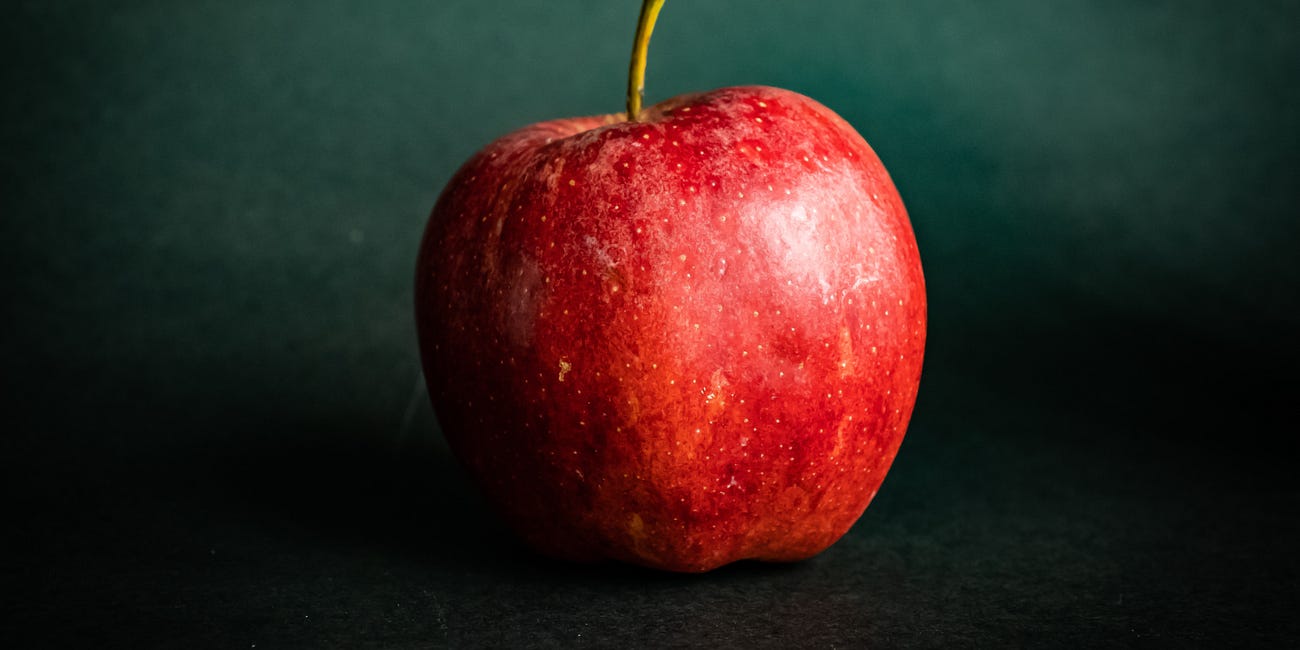
I recently had the chance to read Pooja Lakshmin’s Real Self-Care: A Transformative Program for Redefining Wellness. As the title suggests, Dr. Lakshmin, a psychiatrist, aims to offer an alternative to the kind of superficial, consumerist self care practices and purchases marketed to women seeking a reprieve from burnout and overwhelm. I thought I’d share four of my main takeaways from the book, including the question I posed in the title of this post (but you have to wait until #2 on the list for that one).
Setting boundaries is the best kind of self care. No scented candle will make a dent in the stress in your life if you’re in constant people-pleasing or martyr mode. Even a week away at a luxury spa will barely touch the edges of the issue. These things might be pleasant but Lakshmin makes the case that they’re only band aids while your energy and well-being are pouring out of you as if from a gaping wound. The first step in stopping the bleeding is to set boundaries, which will allow you to take back some control of your time. I appreciated this clear reframing of boundaries as self care and self care as setting boundaries. As Lakshmin discusses, though, doing this is much harder than ordering a lavender mask on the internet. There are cultural norms and even systemic barriers that make it hard to set boundaries, but perhaps the biggest barrier of all is the fear of disappointing others and feeling guilty, which brings us to #2:
You can survive feeling guilty. This book is very open about the fact that carving out genuine time for yourself or cutting back on the things that are causing burnout will likely make you feel guilty. But the book raises what I think is a great question: Is feeling guilty the worst possible outcome? Of all the feelings associated with being overwhelmed, underappreciated, overworked, and undervalued, why is guilt the one we’ve decided is unbearable? I’m not sure guilt is worse than resentment, anger, sadness, burnout, exhaustion, envy or any of the other things that are likely to come out when you don’t set any boundaries. No one wants to feel guilty, but let’s be realistic: this is not the guilt of causing serious harm. This is feeling a little bad because someone didn’t get exactly what they wanted from you in that moment. They will live, and so will you.
Self care is not the what, but the how (and why). In other words, there aren’t really any right or wrong self care practices; what matters is how you do them and the meaning they have. Like every other critic of self care, Lakshmin initially dumps yoga in the category of superficial and not-helpful self care. As someone who loves yoga, and has deep respect for it as a physical and philosophical tradition going back thousands of years, I of course don’t like to see it thrown out with the jade eggs of self care. However, Lakshmin eventually makes the argument that self care is less about the particular things you choose to help you feel better and more about the intention behind them and why they matter to you. A bubble bath may be one person’s fake self care, and another person’s time where they get to act kindly toward their body, meditate, and get relief from pain. I took away the idea that you should pick your path to self care with intention and attention to what works for you; don’t worry if it doesn’t match either society’s or a self care expert like Lakshmin’s view of what self care looks like.
In a perfect world, your self care aligns with your values. Following on from takeaway #3 is the idea that probably the best self care, for you, is something that is connected to the things you find most important. For someone who values risk taking and adventure, sky diving could be part of their self care. For a person who cares about building deep friendships, a long lunch with a dear friend would be self care. It might then seem like anything at all could be self care, and yes, I think that’s what Lakshmin is getting at when she says it is not about the practice itself. The advantage of this formulation is that it frees us to find what self care truly means and looks like to each of us, outside of what anyone’s selling or what the seemingly perfect mom on Instagram says works for her.
SIDE NOTES:
Lakshmin has an interesting self care “origin story,” having left her medical training to join up with the orgasmic meditation group OneTaste, which I wrote about here:
I watched it so you don't have to: Orgasm Inc.
·A charismatic leader. The energy of a Silicon Valley start up. The promise of enlightenment via 15-minute orgasms. What could go wrong?
What I’m reading: I Died on a Tuesday, by Jane Corry. Just started it and already I’m very eager to know what will happen next.
What I’m watching: Bad Influence: The Dark Side of Kidfluencing. Honestly, is there a bright side??






"I’m not sure guilt is worse than resentment, anger, sadness, burnout, exhaustion, envy or any of the other things that are likely to come out when you don’t set any boundaries." This is super helpful and at a different angle than the way Lakshmin puts it. Of course, the difficulty is in the practice. Thanks for writing!